Media & Press
A collection of interviews, press releases, talks, and articles related to my research.
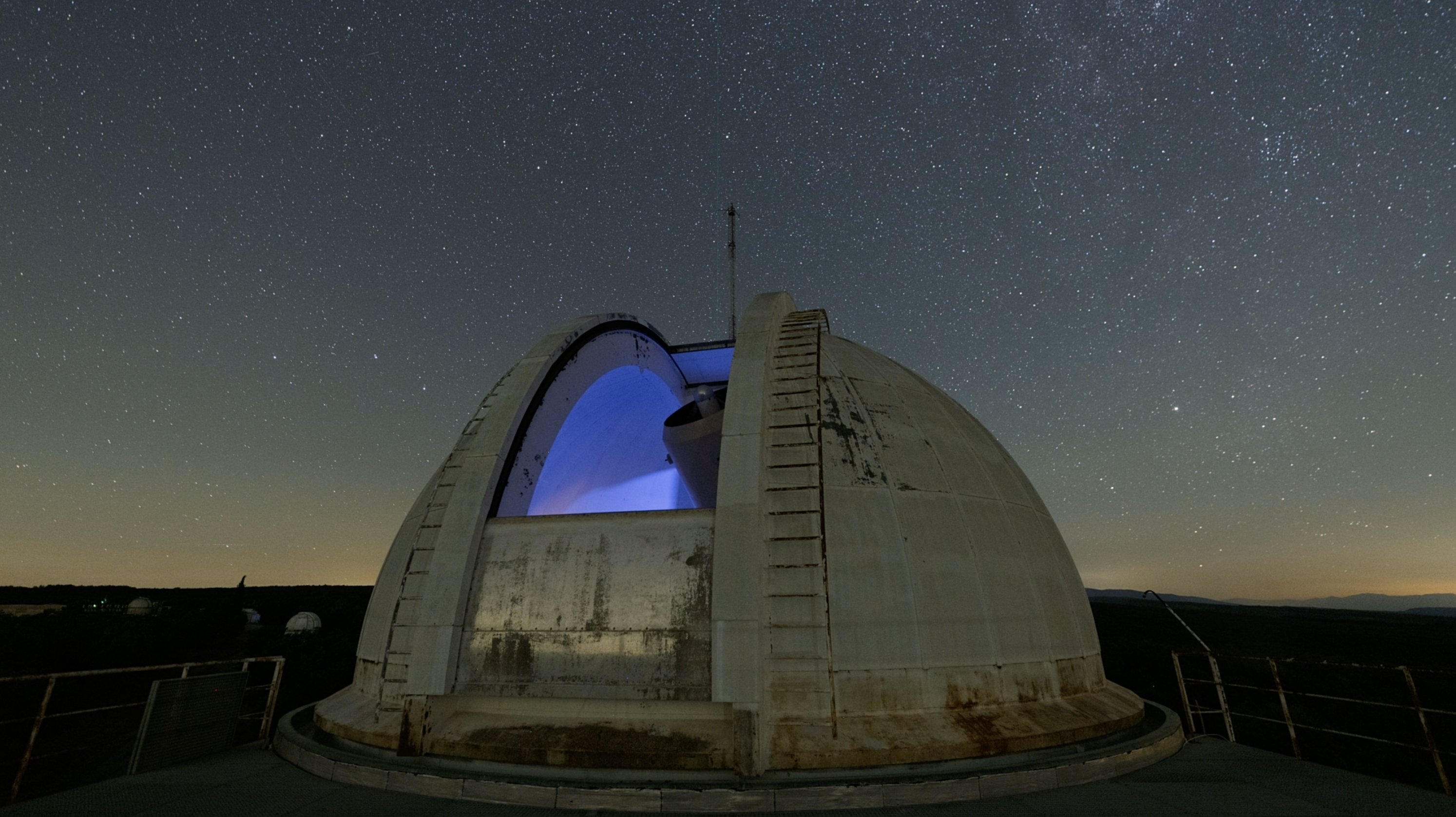
NIGHT - A new instrument to detect Helium in exoplanet atmosphere
A university press release about the commissioning of NIGHT.
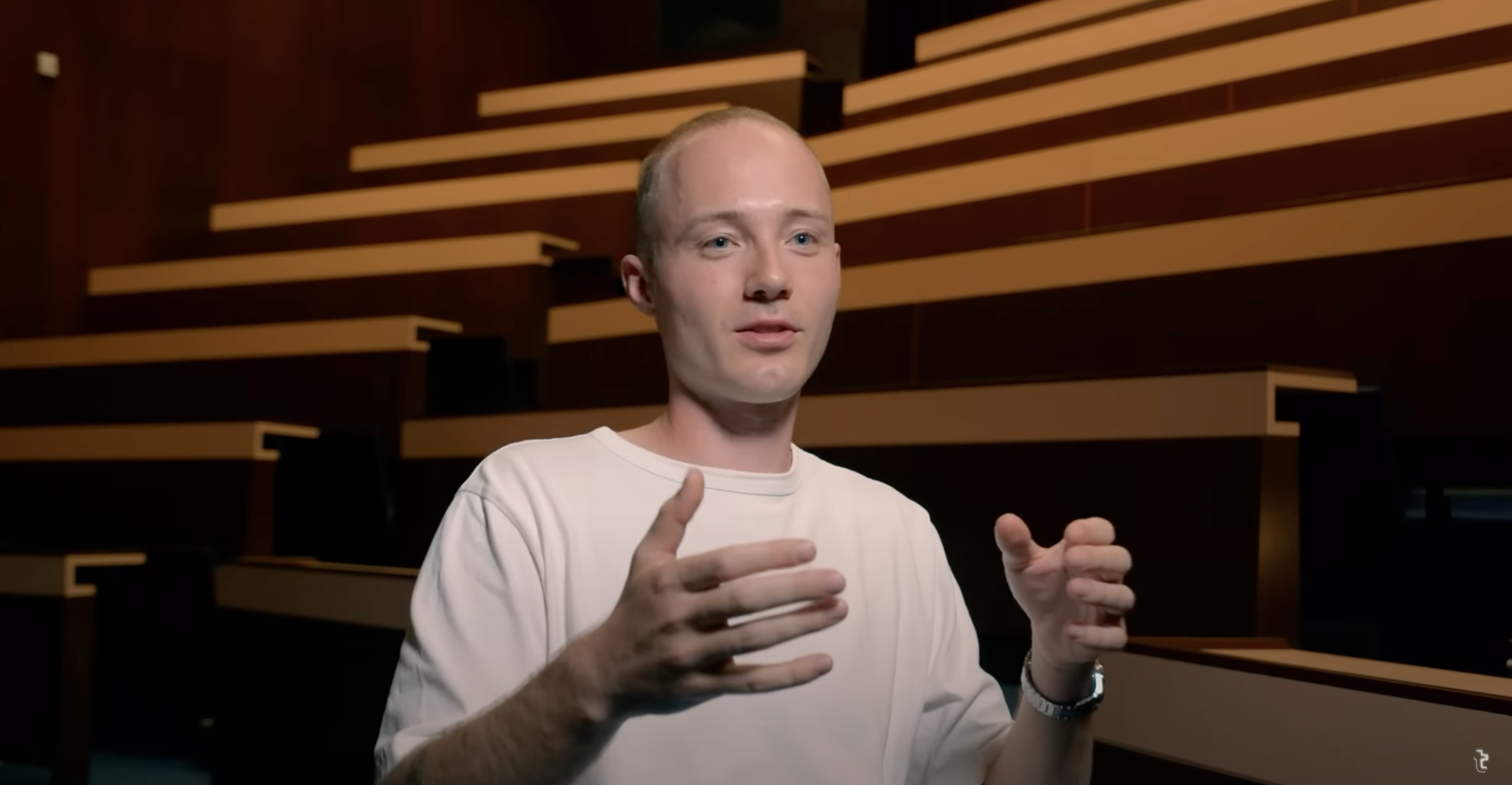
Zo ontrafelt deze wetenschapper het geheim van exoplaneten
A documentary for Dutch public broadcasting about my work, and the search for Earth twins.
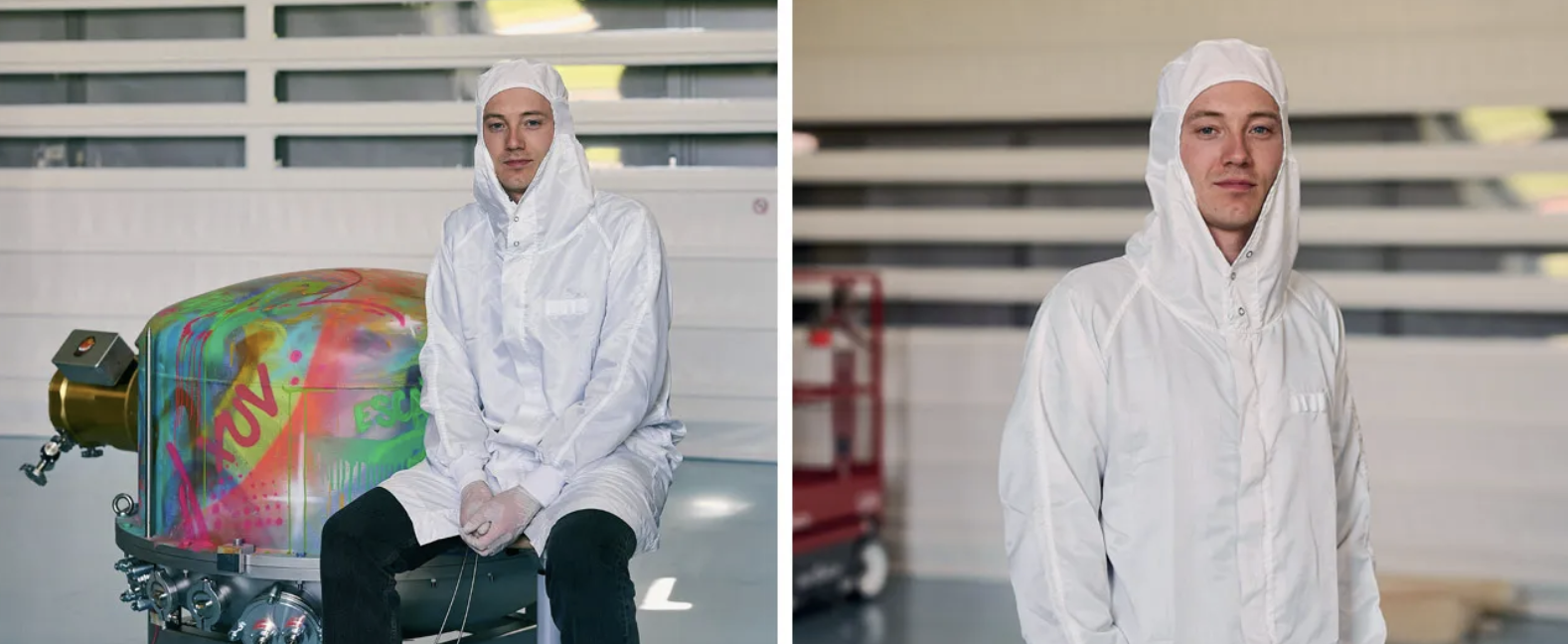
Zijn vrolijk gekleurde instrument speurt naar vingerafdrukken van exoplaneten
An interview in the Dutch NRC newspaper about my PhD work, and the contributions that NIGHT will bring to the field of exoplanetary research.
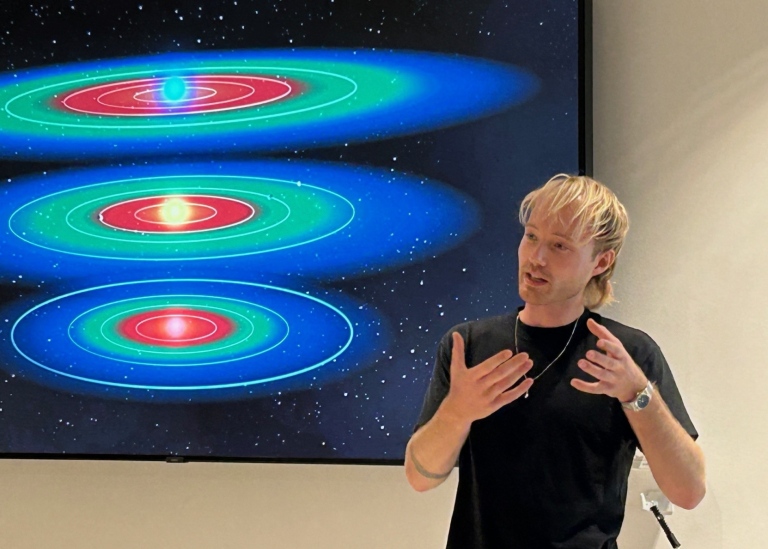
In Pursuit of Precision: High-Resolution Spectrographs and the Quest for Other Earths
Have you ever wondered if we're truly alone in the Universe? That question has captivated me for years, as it has for countless others—philosophers, scientists, and other existentialists—though existentialists might just shrug and say, "Does it really matter?" The vastness of space tempts us to believe that somewhere, another Earth-like world must exist—perhaps even an Earth 2.0, teeming with life as we know it.
In 1995, astronomers discovered the first exoplanet orbiting a star like our Sun, igniting an entirely new branch of astrophysics. Less than 30 years later, this field has exploded, mostly fueled by rapid technological advancements. Yet, as we push our instruments to the limits, it's not just technology that challenges us—the very stars themselves are revealing unexpected obstacles...
Join me for a journey through the fascinating history of exoplanet discovery, from the first breakthrough to the ambitious future observatories still on the horizon. Together, we'll explore the challenges encountered along the way, and perhaps uncover a few mysteries yet to be solved.
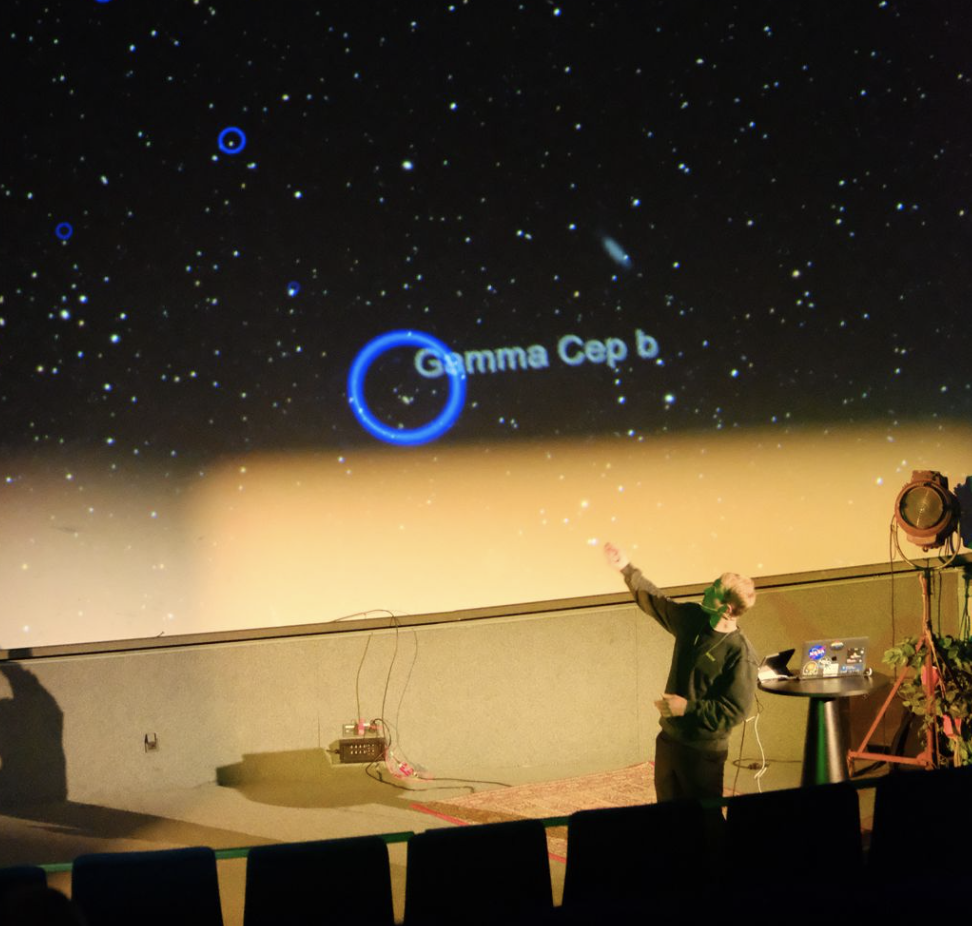
A Fulldome Exoplanets show at the DOT Theatre
A full-dome theatre show at DOT Groningen, about extraterrestrial thoughts and significant discoveries over the past centuries.
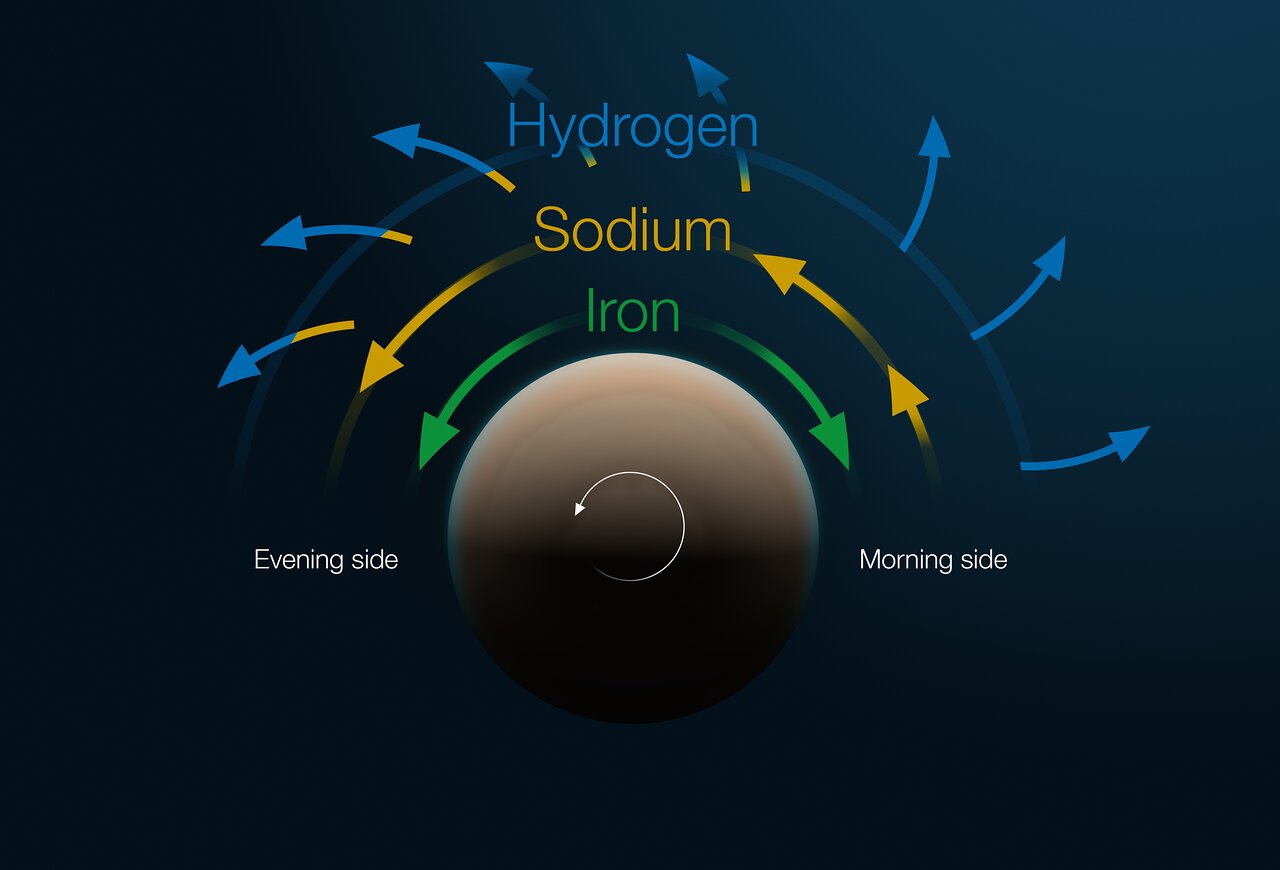
"Out of science fiction": First 3D observations of an exoplanet's atmosphere reveal a unique climate
Astronomers have peered through the atmosphere of a planet beyond the Solar System, mapping its 3D structure for the first time. By combining all four telescope units of the European Southern Observatory's Very Large Telescope (ESO's VLT), they found powerful winds carrying chemical elements like iron and titanium, creating intricate weather patterns across the planet's atmosphere. The discovery opens the door for detailed studies of the chemical makeup and weather of other alien worlds.
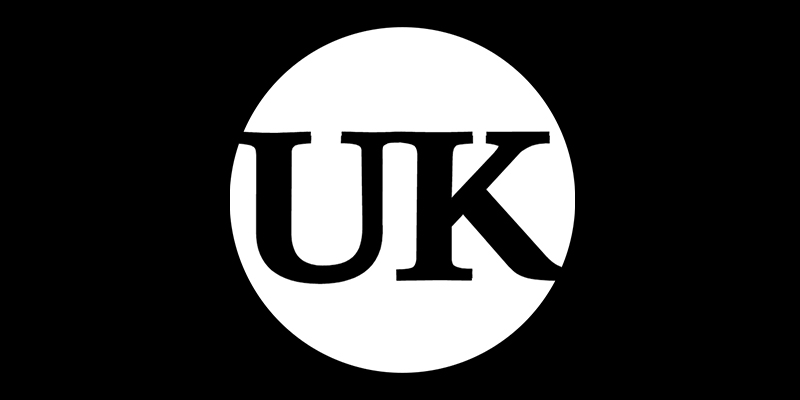
Working on a thesis remotely during the Covid pandemic
An interview about the challenges of completing a thesis during the COVID-19 pandemic and adapting to remote research work in astrophysics.
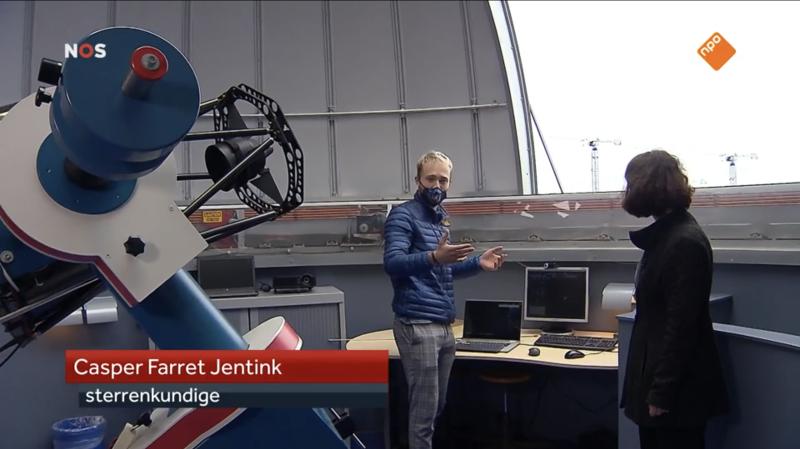
NOS News - The Great Conjunction
Featured on the Dutch national news (NOS) discussing the rare conjunction of Jupiter and Saturn in late 2020, explaining the astronomical significance of this event and how the public could observe it.
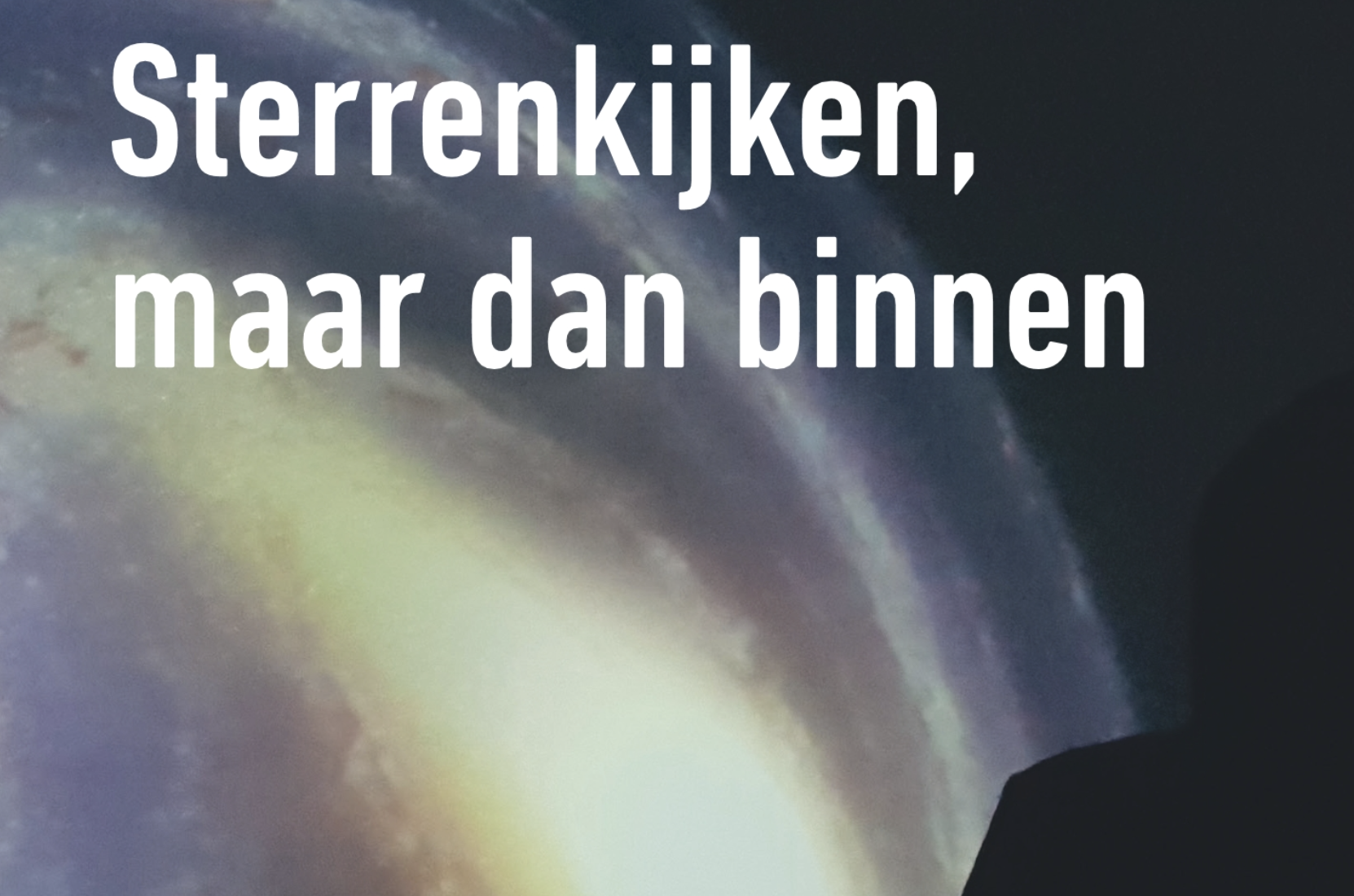
Sterrenkijken, maar dan binnen
An article I wrote for the Dutch magazine of physics about the live planetarium shows we run at DOT, describing how the 3D planetarium in Groningen has contributed to astronomy education and public outreach.